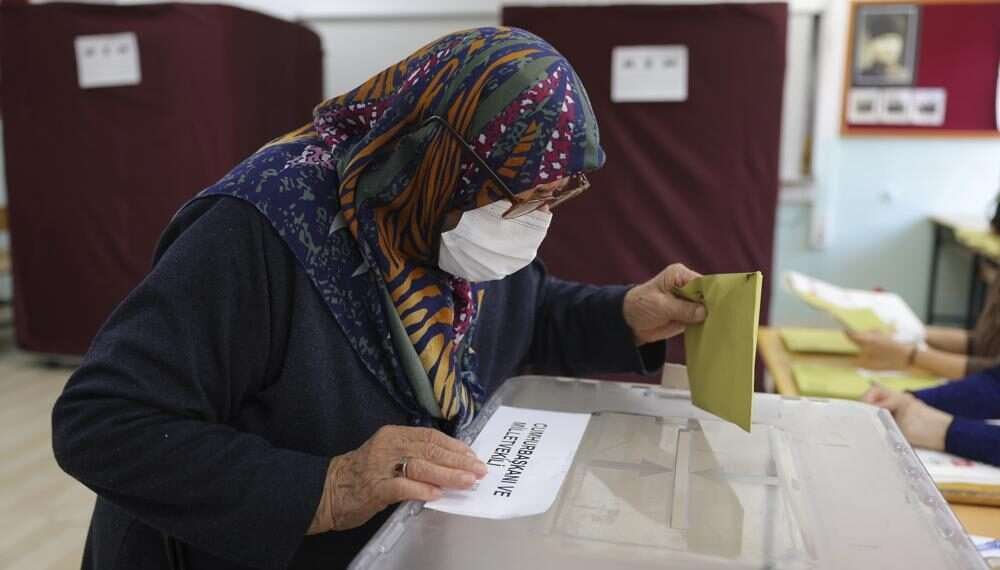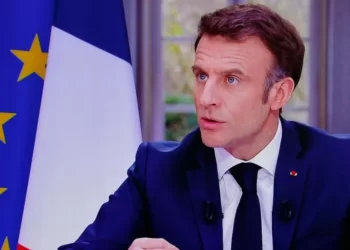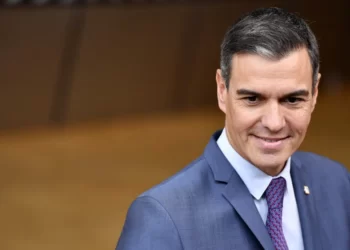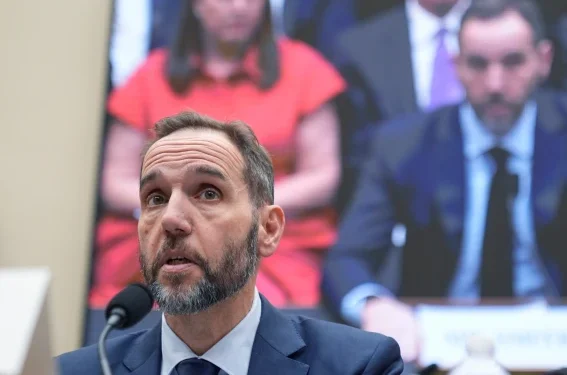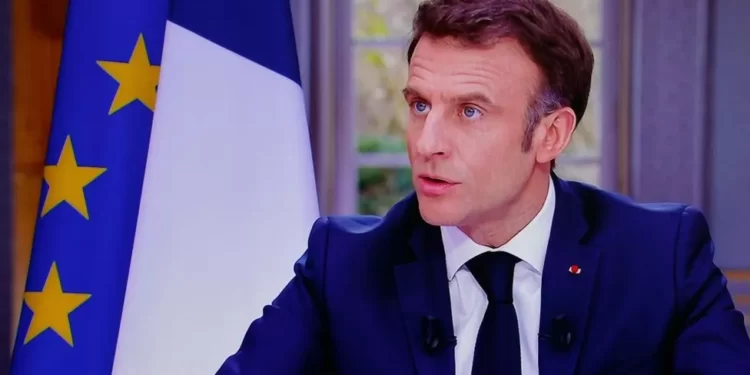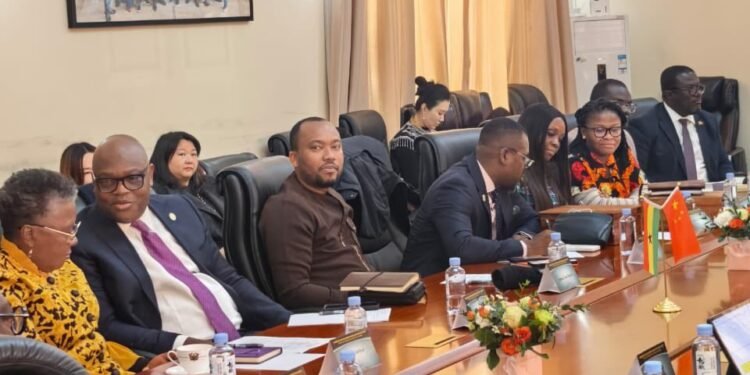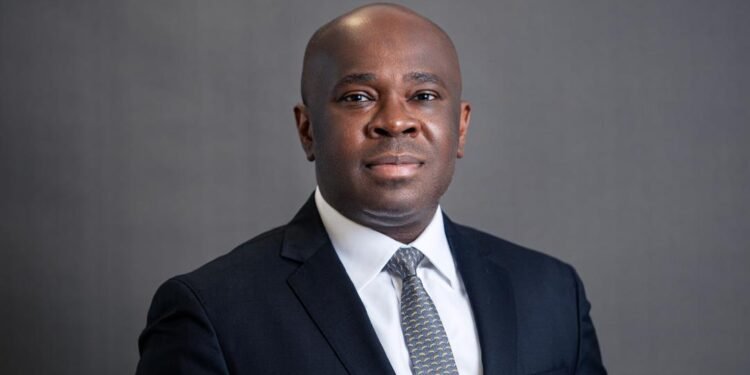Presidential and Parliamentary elections are underway in Turkey. The vote will determine whether Turkish President Recep Tayyip Erdogan, who has been in power for two decades, will get a new five-year term or his main contender, Kemal Kilicdaroglu will dislodge him.
Voters are also casting ballots to fill seats in the 600-member parliament. The opposition would need at least a majority in parliament to be able to enact some of the democratic reforms it has promised.
Voting commenced at 8 am (05:00 GMT) and will close at 5 pm (14:00 GMT). 1.76 million people have already cast their ballots abroad in Germany, France and other countries.
According to opinion polls, Kemal Kilicdaroglu, the 74-year-old leader of the center-left, pro-secular Republican People’s Party, or CHP, and the joint candidate of a united opposition alliance, has a slight lead.
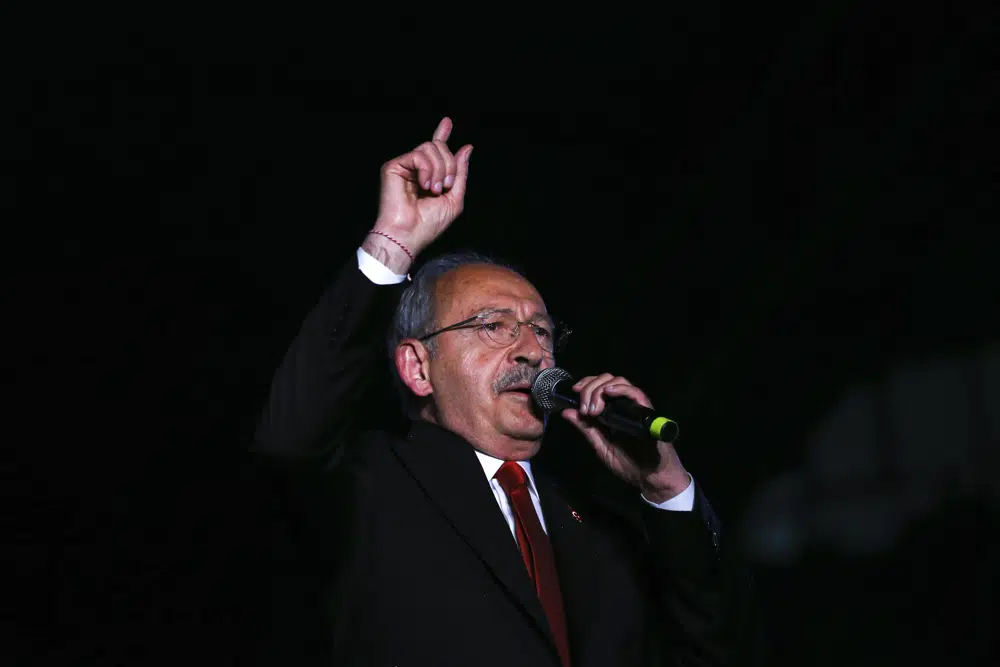
If neither candidate receives more than 50% of the votes, the presidential race will be determined in a run-off on May 28.
Kilicdaroglu’s six-party Nation Alliance, has promised to dismantle an executive presidential system narrowly voted in by a 2017 referendum that Erdogan installed and return the country to a parliamentary democracy. They have promised to establish the independence of the judiciary and the central bank, implement checks and balances and reverse the democratic backsliding and crackdowns on free speech and dissent under Erdogan.
The alliance includes the nationalist Good Party led by former Interior Minister Meral Aksener, and two parties that splintered from the AKP and are led by former Prime Minister Ahmet Davutoglu and former Finance Minister Ali Babacan, as well as a small Islamist party.
In the final hours of the campaign on Saturday, May 13, 2023, Kilicdaroglu laid carnations at the mausoleum of Turkey’s modern-day secular founder, Ataturk.
Turkish President, Recep Tayyip Erdogan has led a divisive election campaign, using state resources and his domineering position over media as in previous years. He has accused the opposition of colluding with “terrorists,” of being “drunkards” and of upholding LGBTQ rights which he says are a threat to traditional family values.
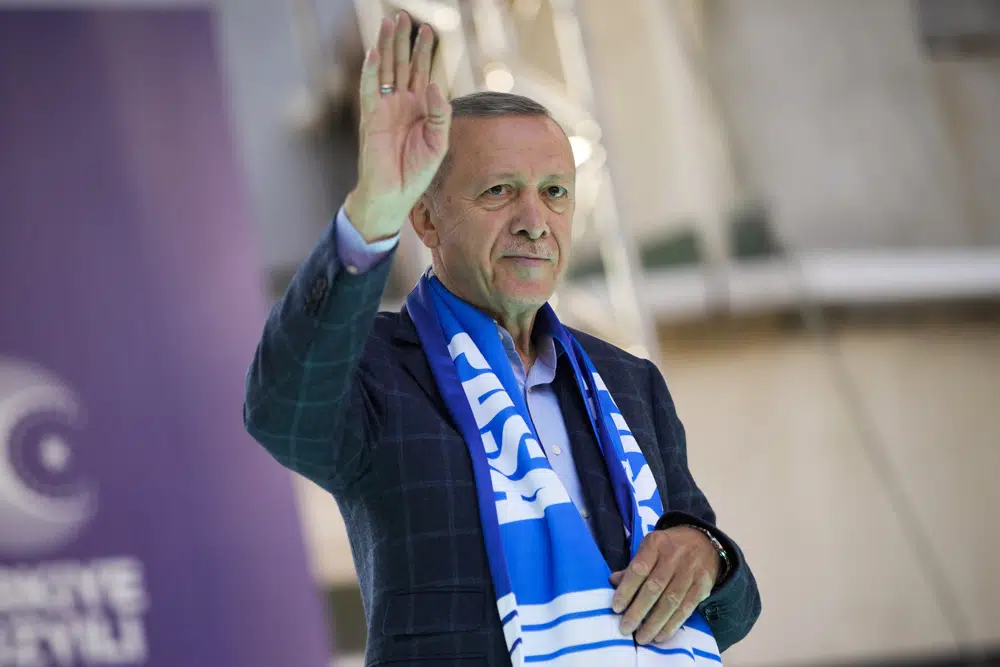
Erdogan has increased wages and pensions and subsidized electricity and gas bills, while showcasing Turkey’s homegrown defense industry and infrastructure projects. He ended his election campaign by leading evening prayers at Hagia Sophia mosque in Istanbul.
A Test Of The United Opposition’s Ability Remove Erdogan From Power
The Turkish elections are being closely monitored internationally as a test of a united opposition’s ability to dislodge, Recep Tayyip Erdogan; a leader who has concentrated nearly all powers of the state in his hands.
The balloting come as the country is ravaged by economic crisis that critics blame on the government’s mishandling of the economy and a steep cost-of-living crisis.
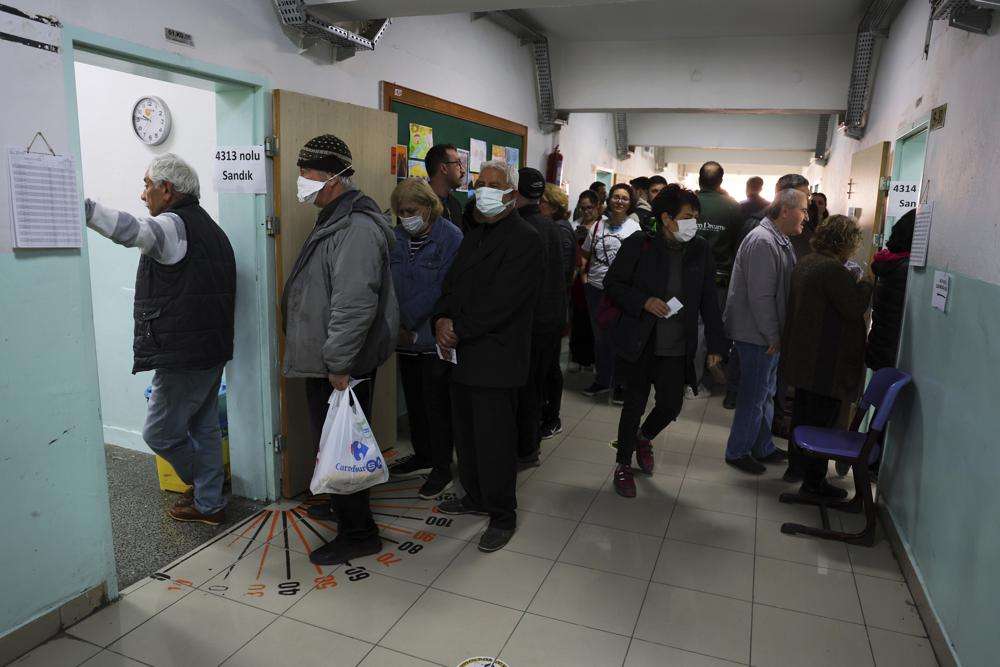
Turkey is also suffering from the aftermath of a powerful earthquake that caused devastation in 11 southern provinces in February, killing more than 50,000 people in unsafe buildings.
In the 11 provinces affected by the earthquake, voting will be quite difficult, because many have left their homes and can only vote where they are registered.
Political parties have arranged buses for thousands of survivors from across Turkey to travel back to vote in some of the worst-hit provinces where they are still registered.
Also running for President is Sinan Ogan, a former academic who has the support of an anti-immigrant nationalist party.
One other candidate, the center-left politician Muharrem Ince dropped out of the race on Thursday, May 11, 2023, following a significant decline in his ratings but his withdrawal was considered invalid by the country’s electoral board and votes for him will be counted.
READ ALSO: Linda Yaccarino Becomes Twitter’s New CEO

